Menopause and Perimenopause
WHAT IS THE MENOPAUSE DOING TO YOUR FACE?
Most of the discussion around menopause and perimenopause is about the havoc that falling levels of oestrogen and progesterone creates for our bodies and minds. But menopause and perimenopause also have a huge effect on the skin and the face, and I get a lot of questions asking:
- What’s happening?
- What can you do about it?
- Do you need special skincare?
- Should I be taking hormone replacement and other supplements?
- Which tweakments will help?
I’ve written a whole e-book to answer these questions which you can download by following the link below. You can also scroll down to see all the FAQs about what the menopause and the perimenopause is doing to your skin and your face.

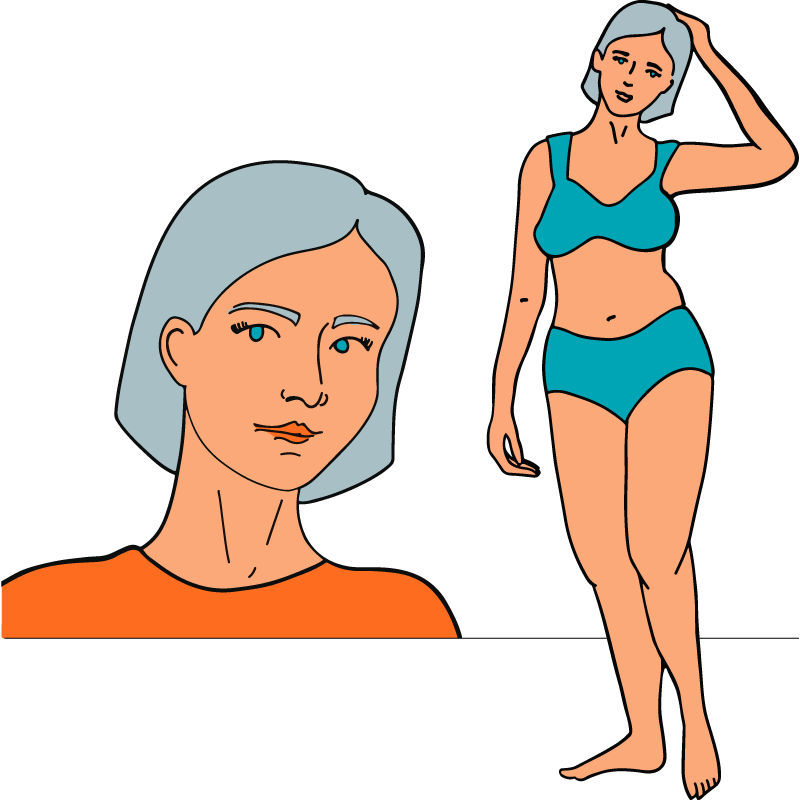


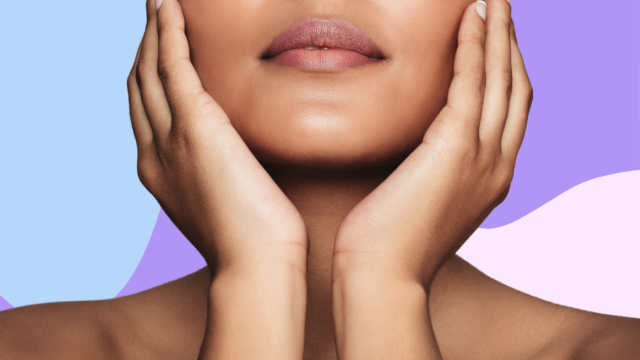

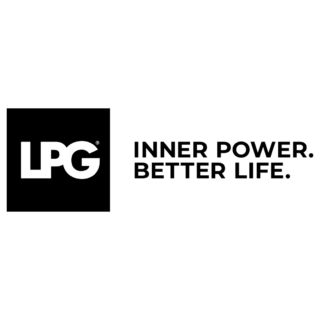
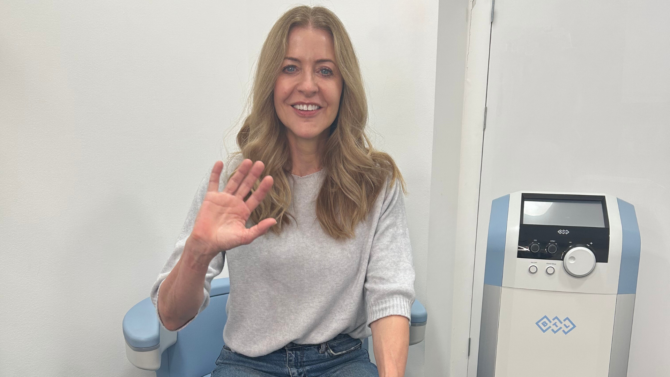

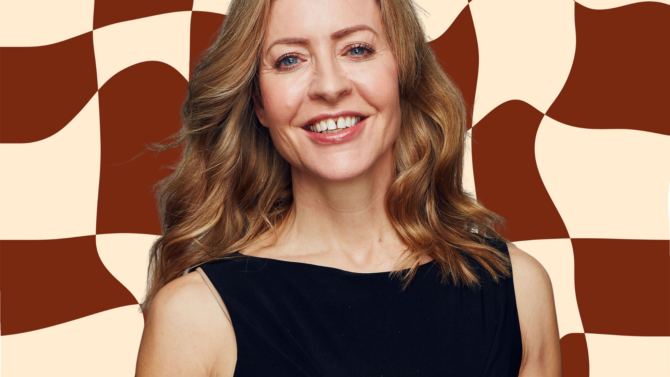
 The Tweakments Chatbot
The Tweakments Chatbot